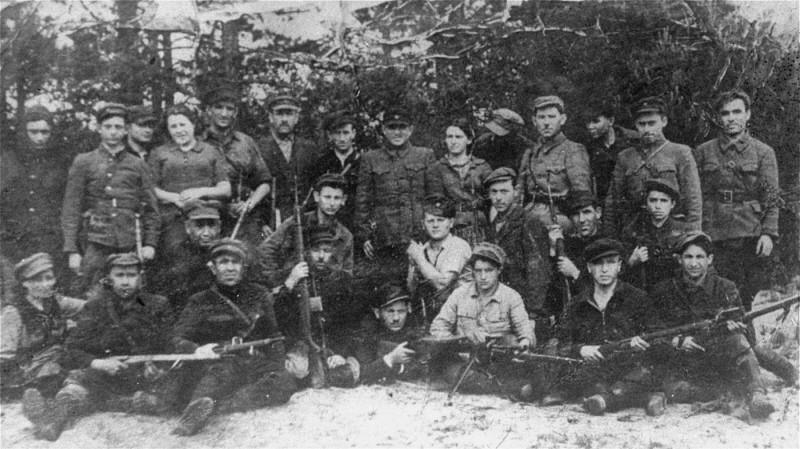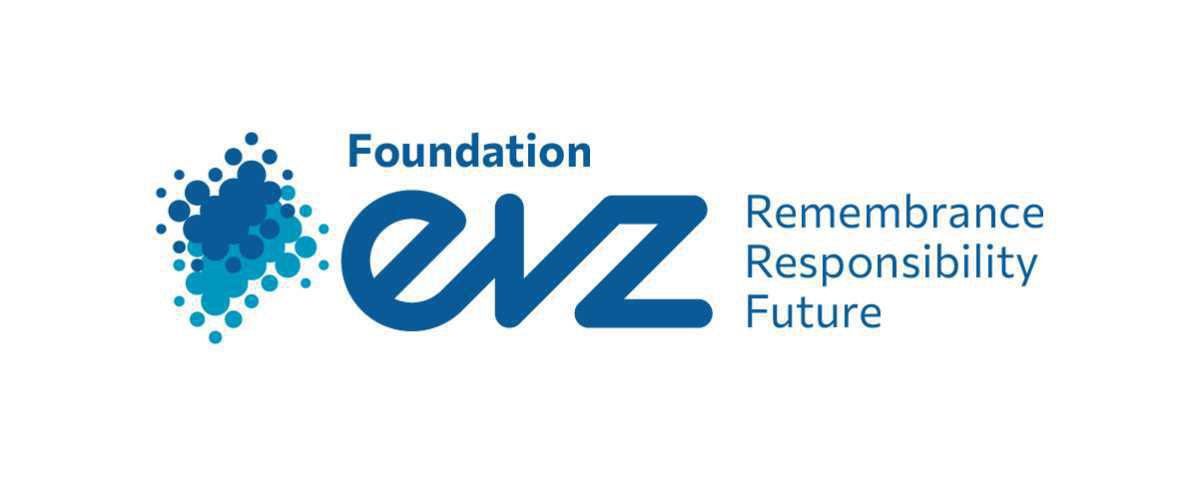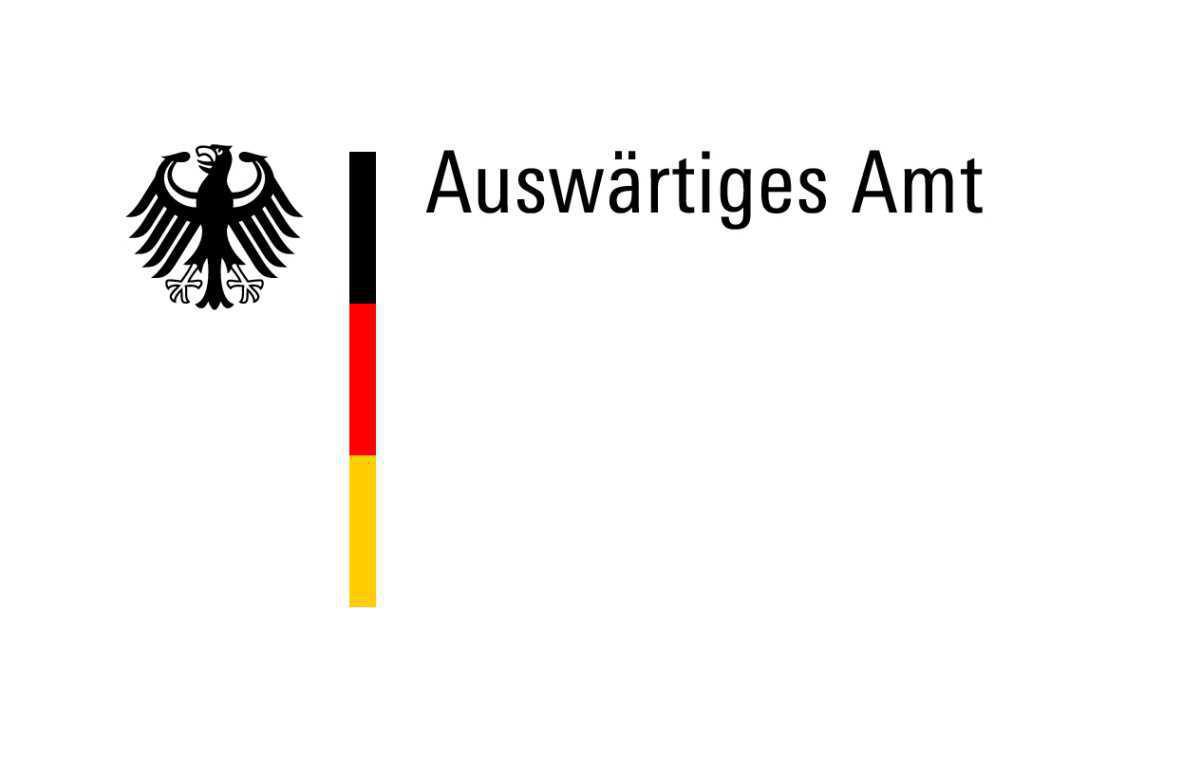The project centers around two historical sites: firstly, the Memorial and Educational Site House of the Wannsee Conference (Berlin/Germany) and, secondly, various sites in and around Novogrudok (Belarus) linked to the history of the Jewish Bielski partisans; the latter received worldwide attention through Edward Zwick’s movie Defiance (2008), with James Bond 007 actor Daniel Craig portraying the Jewish partisan commander Tuvia Bielski. At both sites a group of local pedagogues explores the following guiding questions:
What could be understood under the concept of a "Living Memorial"?
How may such a concept enrich the pedagogic practice of international youth encounters by engaging young people more creatively in shaping the narrative at historical sites of National Socialist persecution?
At the same time, how may one protect the "sacred" narratives and authenticity of the sites from inaccurate/inappropriate interpretation, visitor pressure, ...?
The two local groups in Belarus and Berlin dive into this process with an interdisciplinary approach linking the topics of history and memory with the arts, philosophy, literature and the contemporary question of responsible citizenship.
The project provides people from all over the world with the opportunity to enrich the workshops at both on-site meetings with their digital input (words, sounds, photos, videos, …).
A group of Jewish Bielski partisans
About our choice of the two historical sites
The two memorial and educational sites chosen for the project provide a rich (as complementary) source for the comparative exchange of expertise on international youth encounters: While, on the one hand, with the GHWK we have a "site of the perpetrators", central to the planning/theoretical origins of the deportation and murder of European Jews, the sites in Belarus illustrate an emblematic case of its subsequent practical repercussions in Eastern Europe through one of the most successful stories of Jewish Resistance in WWII. Moreover, the GHWK already looks back on a long history and rich experience as an educational site; the former camp site of the Bielski partisans in the middle of the Naliboki Forest, on the other hand, is still an untouched area of land without any fixed educational concept, where the question of its future pedagogical development is being raised at this very moment.
About the on-site meetings in Belarus/Berlin
The local group meetings at both sites follows a two-fold structure: In the first part of both meetings, the local experts presents the history of the sites and the currently existing formats to deal with the challenges of youth encounters. The second fold consists in realizing at each site a two day art workshop. These workshops are led by Roman Kroke, an interdisciplinary artist and former lawyer, who has become one of Europe’s leading experts when it comes to developing on-site workshops for youth encounters especially at sites linked to National Socialist crimes.
In Belarus, the art workshop takes place in the midst of the of the Naliboki forest at the former campsite of the Bielski partisans. Today, this space is untouched wilderness where nature has reconquered the terrain; only the overgrown dugouts have remained as silent witnesses of the former Jewish settlement. The local group will launch itself into the adventure of creating their personal “living memorial”, mostly with natural materials. The idea is to creating an innovative space beyond "classical memorial plaques" which may allow future (youth) groups to establish a sensitive relationship towards this natural site (outdoor education).
YOUNG PEOPLE REMEMBER
The project LIVING MEMORIALS is funded by the EVZ Foundation and the Federal Foreign Office as part of the program YOUNG PEOPLE REMEMBER fostering international youth encounters and international exchange of expertise at historical sites of National Socialist persecution.
Fighting racism, antisemitism, racism against Roma and Sinti, and homophobia are important foundations of our democracy and liberal society. The 'Young People Remember' federal program aims to provide greater support for commemorative institutions and the remembrance of Nazi injustice and enable more young people to engage with history. The EVZ Foundation implements internationally oriented parts of the 'Young People Remember' federal program with funding from the Federal Foreign Office.
International youth encounters contribute significantly to the personal development of young people. They offer the opportunity to change perspectives and engage in dialogue, foster empathy, participation and social commitment. Based on these premises, transnational learning at historical sites of Nazi persecution and annihilation as well as multiperspectivity as prerequisites for the development of a European culture of remembrance are at the center of the YOUNG PEOPLE remember program.



